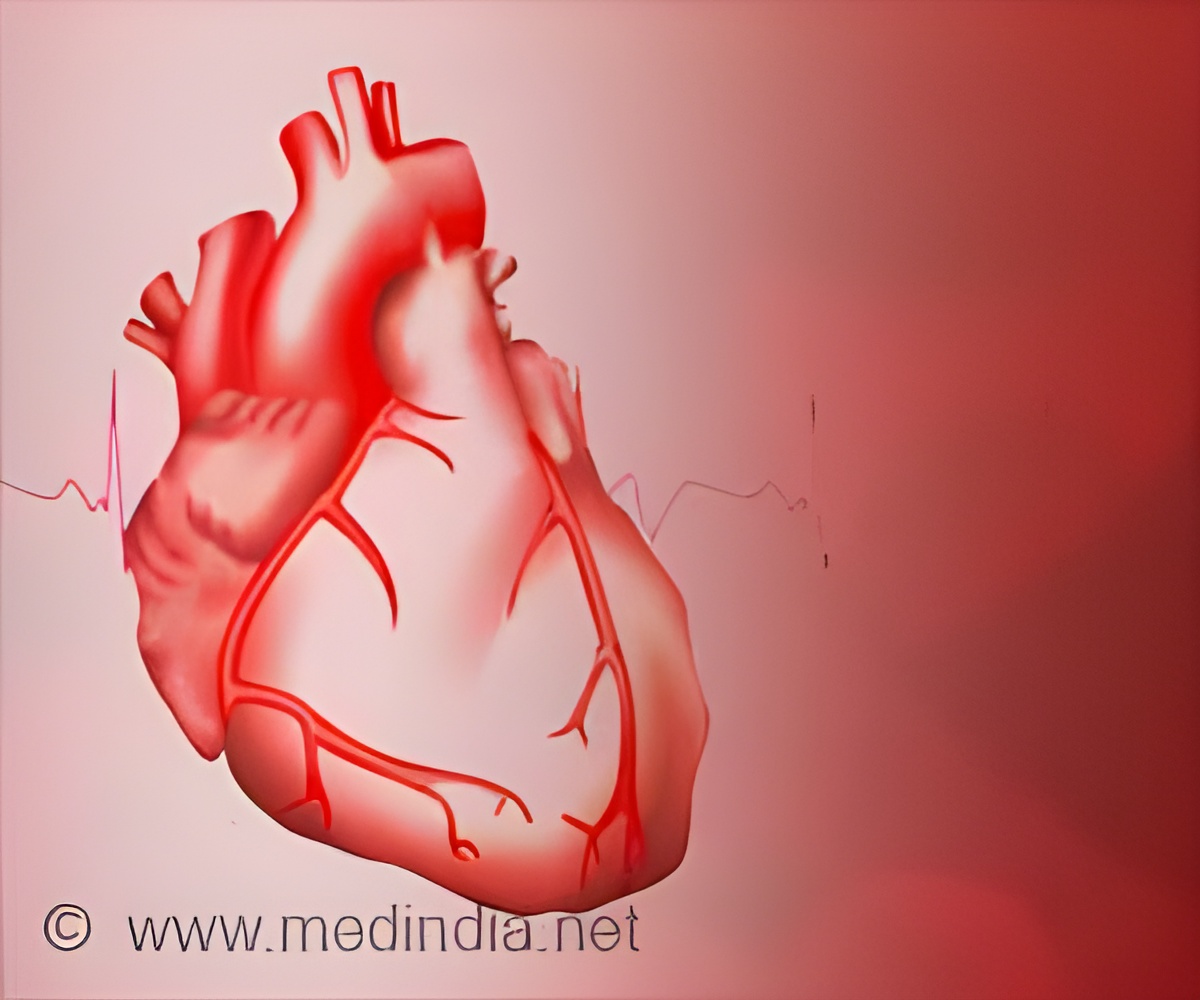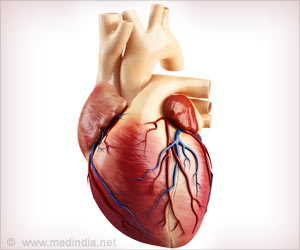Watch out: Uncorrected congenital heart disease (CHD) may lead to increased risks in pregnant women, reveals a new study.

‘Women with uncorrected congenital heart disease (CHD) during pregnancy are more likely to suffer more complications.’
Read More..




Researchers examined 5,739 pregnancies in 53 countries. A total of 3,295 women had CHD, with 1,059 uncorrected. Of these, 41.4 percent were from emerging countries. There were marked differences in cardiac defects in uncorrected versus corrected CHD with primary shunt lesions (44.7 percent vs 32.4 percent), valvular abnormalities (33.5 percent vs 12.6 percent) and Tetralogy of Fallot/Pulmonary atresia (0.8 percent vs 20.3 percent), p<0.001. In uncorrected CHD 6.8 percent were in mWHO risk class IV, about 10 percent had pulmonary hypertension (PH) and 3 percent were cyanotic prior to pregnancy. Read More..
Maternal mortality and heart failure (HF) in the women with uncorrected CHD were 0.7 percent and 8.7 percent, respectively. Eisenmenger syndrome, or abnormal blood circulation usually caused by a hole between heart chambers, was associated with a very high risk of cardiac events (65.5 percent), maternal mortality (10.3 percent) and HF (48.3 percent).
Coming from an emerging country was associated with higher pre-pregnancy signs of HF, PH and cyanosis (p<0.001) and worse maternal and fetal outcomes, with a threefold higher rate of hospital admissions for cardiac events and slow intrauterine growth (p<0.001).
"This analysis of a large, prospective contemporary global cohort of women presenting with uncorrected CHD highlights a different disease profile and more complicated disease at presentation, compared to women who had access to cardiac interventions," the authors write. "This information will provide some guidance to physicians who care for those patients and may alert them to potential risks."
Source-Eurekalert














